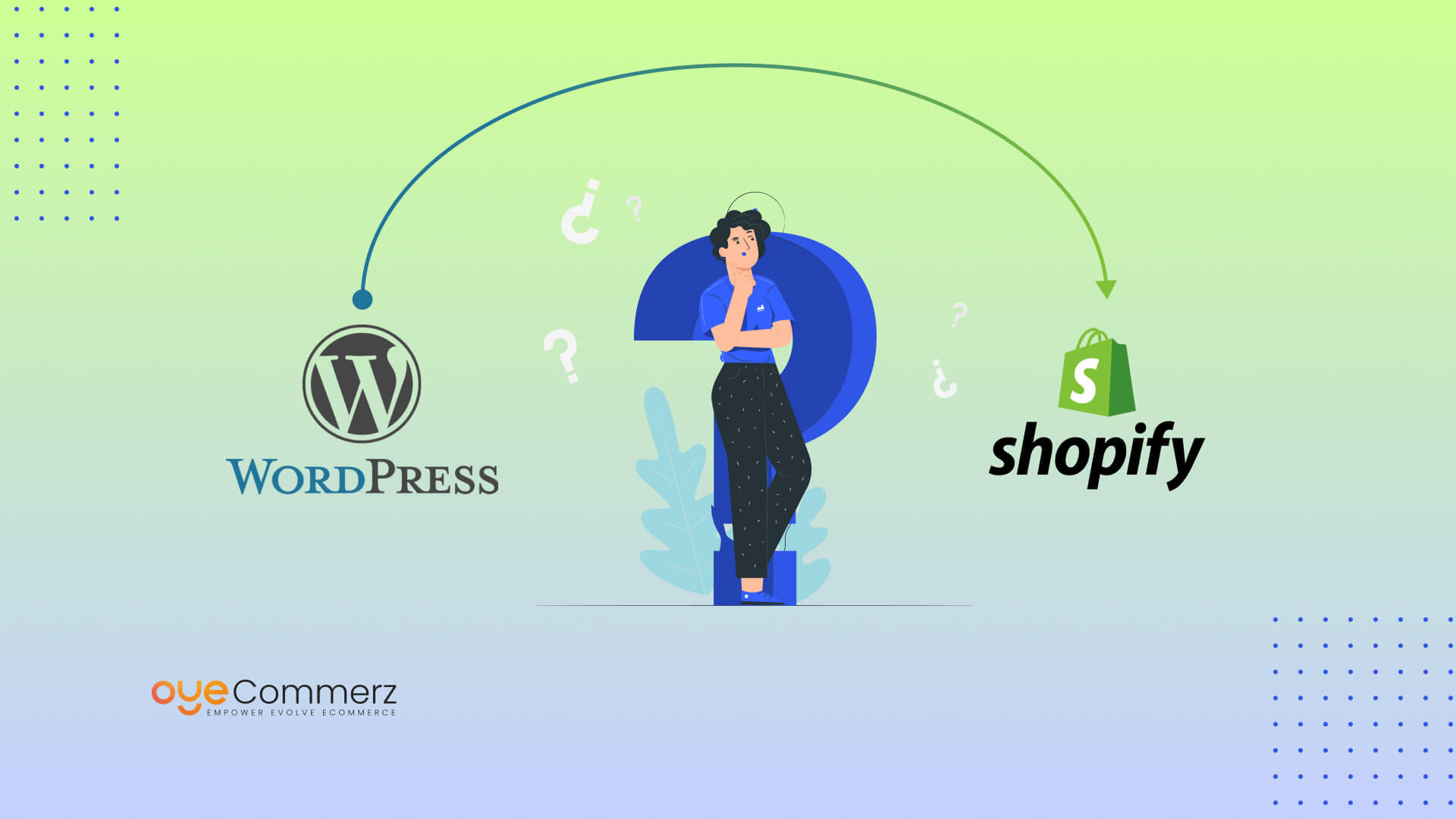In the ever-evolving landscape of digital commerce, selecting the right system is vital for your business's success. If you’re at the moment using WordPress and considering a migration to an alternative, you’re not alone. Many businesses are switching to leverage Shopify’s powerful features, user-friendliness, and growth potential. This guide will take you through the steps of migrating from WordPress to Shopify effortlessly, guaranteeing that you realize your online retail potential.
Why Migrate from WP to Shopify?
Before starting the migration procedure, it’s crucial to realize why this shift can be beneficial for your digital storefront:
Intuitive Design: Shopify offers an user-friendly dashboard that simplifies store handling, making it easier for non-technical users.
Growth Potential: As your business develops, Shopify can accommodate increased visitors and transactions without compromising performance.
All-in-One Solutions: Shopify includes built-in resources for SEO, analytics, payment management, and more, minimizing the need for multiple plugins.
Robust Protection: With Shopify, you get access to strong security measures that protect sensitive customer details.
Steps for a Effortless Migration
Migrating your online store from WordPress to Shopify includes multiple phases.
Here’s the way to facilitate a hassle-free transition:
Outline Your Migration Plan
Start by outlining your migration strategy. Identify which components of your present site you plan to transfer, such as:
Inventory information
Customer information
Order history
Posts
Choose the Best Migration Package
Depending on your requirements, choose a migration package that suits your store. OyeCommerz delivers several options:
Starter Package: Perfect for compact stores with fewer products.
Standard Migration Package: Recommended for mid-range businesses with intermediate needs.
Advanced Plan: Shopify payment setup Perfect for big stores needing custom customization.
Secure Your Content
Prior to starting the migration, ensure that you have a complete backup of your WordPress site. This step is critical in case anything goes wrong during the migration.
Extract Your Content from WordPress
Use extensions or manual methods to transfer essential information from your WP site:
Products
Users
Transactions
Blog posts
Migrate Information into Shopify
When you have your content retrieved, employ Shopify’s built-in features or external apps to transfer your information into your Shopify store. Ensure that all content is properly structured and placed.
Personalize Your Shopify Store
After uploading content, tailor your Shopify site’s design to match with your business goals. Look into working with a designer if you need complex customization.
Establish TransactionOptions and Logistics
Set up billing solutions and logistics options in Shopify to ensure a seamless checkout experience for customers.
Apply Search Engine Optimization Guidelines
To maintain your search engine rankings during the change:
Use 301 redirects from previous URLs to new ones.
Update metadata.
Optimize media and content for better ranking.
Evaluate Your Migrated Platform
Before going live, thoroughly check your new store. Check for any errors, payment processing issues, or incomplete files.
Publish Your Site
When everything is Shopify platform setup in order, it’s the opportunity to launch! Share the update to your users and invite them to discover the enhanced capabilities of your Shopify store.
Post-Migration Assistance
Post launching your updated store, ongoing help is essential. Explore partnering with service providers who can help with:
Troubleshooting
Customer engagement
Improvement strategies
Conclusion
Migrating from WordPress to Shopify can be a game-changing move for your online retail. By following this guide and utilizing experts like those offered by OyeCommerz, you can guarantee a effortless transition that enhances your digital storefront. Embrace the shift and discover the potential of Shopify today!

Comments on “Unlocking digital commerce Achievements: The Ultimate Guide to Smooth WordPress to eCommerce Migration”